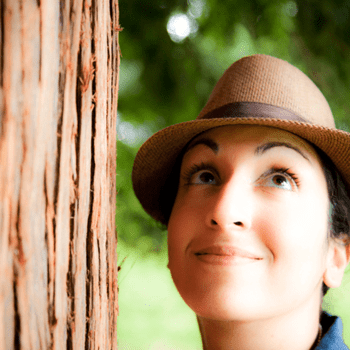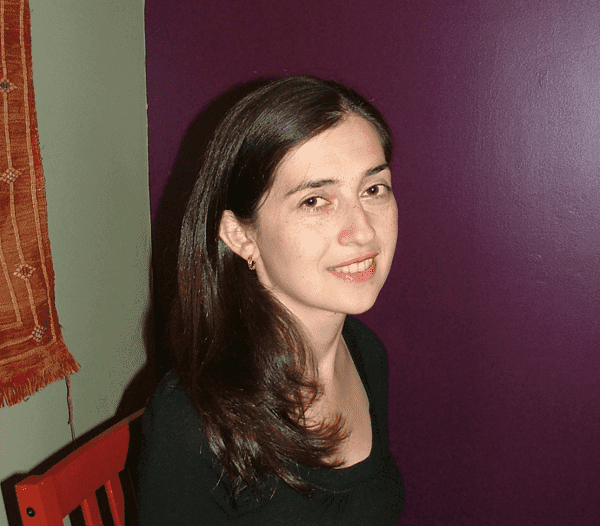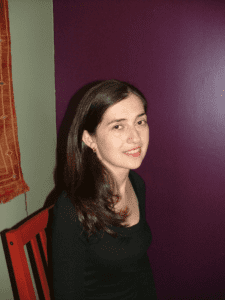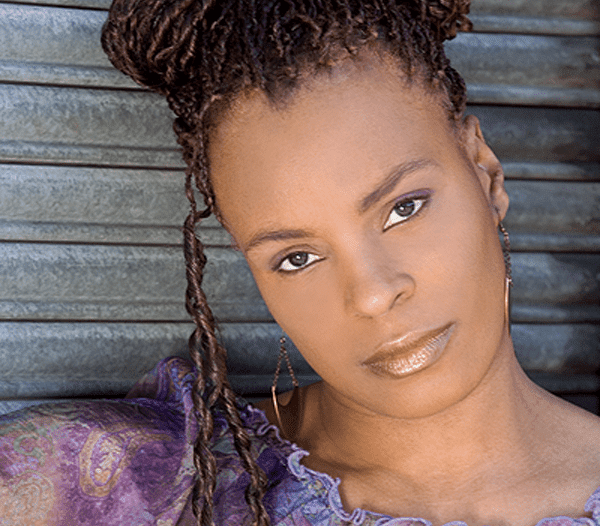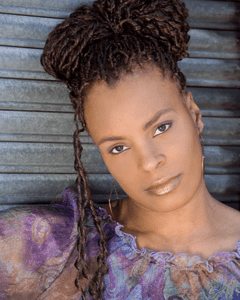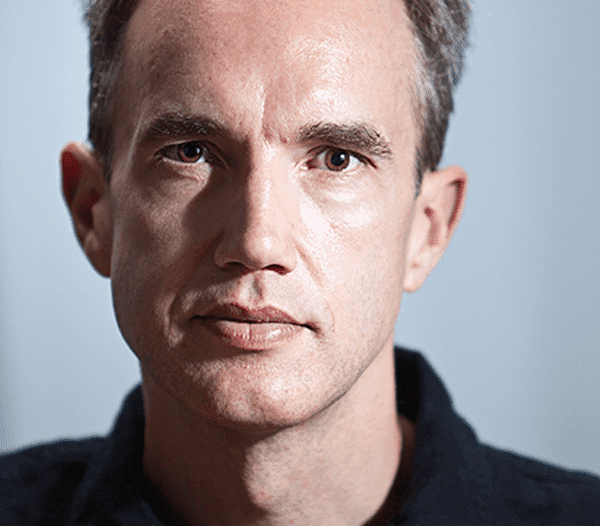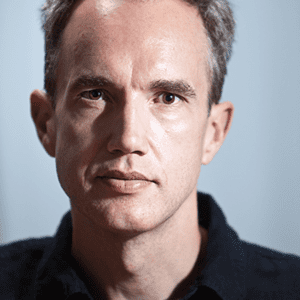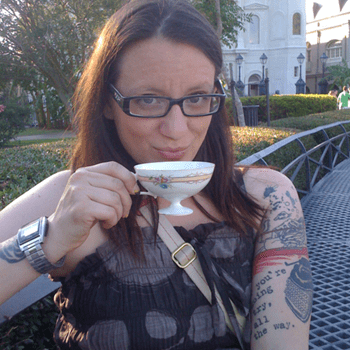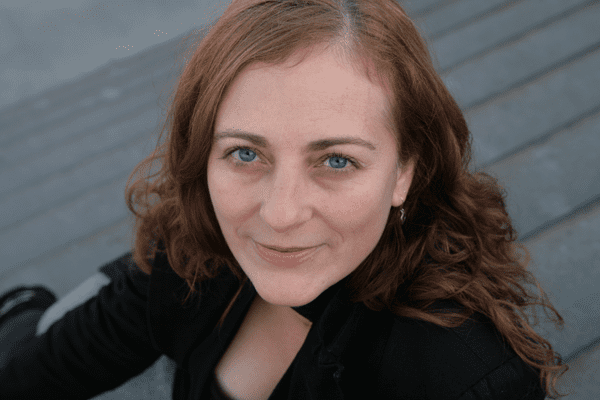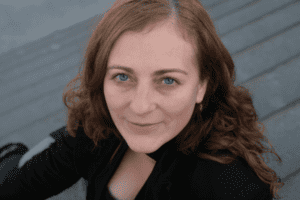Tell us about yourself.
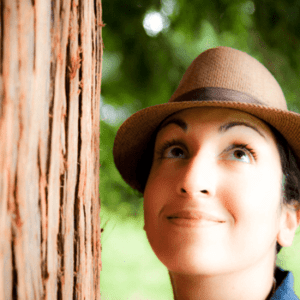
I’m the kind of writer who thinks more about writing than actually writing. Perhaps this is the dilemma of all writers. Instead of writing, I enjoy buying books I never seem to finish. I also enjoy searching for earrings I don’t need on etsy.com (visit with caution), drinking earl grey lattes, downing coffee and organizing poetry events. I have a passion for vegan chocolate brownies. I think one of my thesis advisors was right when she said that I focus too much on food in my writing.
Other than eating and drinking delicious things, I write poetry and am attempting to write a novel. A novel whose characters seem to elude me. I’ve just returned from India, where I performed spoken word in front of an audience of 1500+ people at the Jaipur Literature Festival. It was maddening, exciting and surreal. And the chai was damn good.
My first (and hopefully not only) book, Bleeding Light, was published in 2010 by TSAR Publications. It’s a collection of poetry written in ghazal form. The ghazal is a stunning, complicated form of poetry that has its roots in Farsi, Arabic, Urdu and Hindi, to name a few. Since I can’t write in any of those languages, I write in English. Etymology excites me because I uncover the hidden meanings and origins of words—which, for a poet, is like discovering treasure.
I could list all my performances, publications and accomplishments, but that’s exhausting to write and to read. I’d rather end with some recommendations—read poetry, eat well, go for long walks, take criticism with grace, take compliments with humility, and don’t forget to breathe.
When did you realize you had a passion for writing?
I loved writing when I was little—I used to write poems but called them ‘polems.’ When I was 13, I realized that I wanted to be a writer/author, and that’s really where the journey began.
What pieces of writing/authors have had the greatest impact on you?
There are so many writers/poets that have influenced me. They seem to change as I grow and change. Gibran was my first love. I also fell in love with T.S. Eliot and Carl Sandburg. The love affair continued with sufi poets, particularly Bulleh Shah, Rumi, Hafez and Mirza Ghalib. A friend introduced me to the ghazals of Agha Shahid Ali and no one has, or can, match him in his mastery of the ghazal in English. I am in awe of his writing. Rishma Dunlop’s The Body of My Garden became a staple in my purse for most of my first and second year of university. If I could write novels, I would want to write like Elif Shafak (40 Rules of Love). Sartre’s Nausea is full of gems. Borges is magnificent, particularly “The Aleph” I’ve also read and re-read Emerson’s essays and insights. I recently discovered the poetry of Mary Oliver, which is luminous.
How and when do you find time to write?
I’m still trying to figure that one out. I have a hard time writing on the computer because I get tempted to surf the internet, so I have an old school notebook that comes with me wherever I go. I wish I could be like my friend and fellow author, Ava Homa, who religiously sets aside time to write daily. Hopefully I will get into the routine of writing daily, instead of waiting for the inspiration bug to bite me.
What has been some of the biggest challenges you’ve faced as a writer?
I think being a writer is a challenge in itself. Every time we pick up a pen, we experience challenges. I write to come to terms with challenges in my life, or to meet them head on. There are too many to explain here, and I think my poetry would do more justice to the question than this response.
How have you changed as a writer over the years?
When I was younger, writing was a means to understand and explore my identity as a minority. I needed to understand my heritage, ancestry, religion and race. I wanted to ‘belong.’ After exhausting the topic, I have come to the conclusion that I don’t have to ‘choose’ to be ‘this’ or ‘that.’ I can be all of it, at once. Labels are limiting. I identify first as a human being, and this has changed my perspective of myself and the way I look at the world . . . which of course, manifests in my writing.

